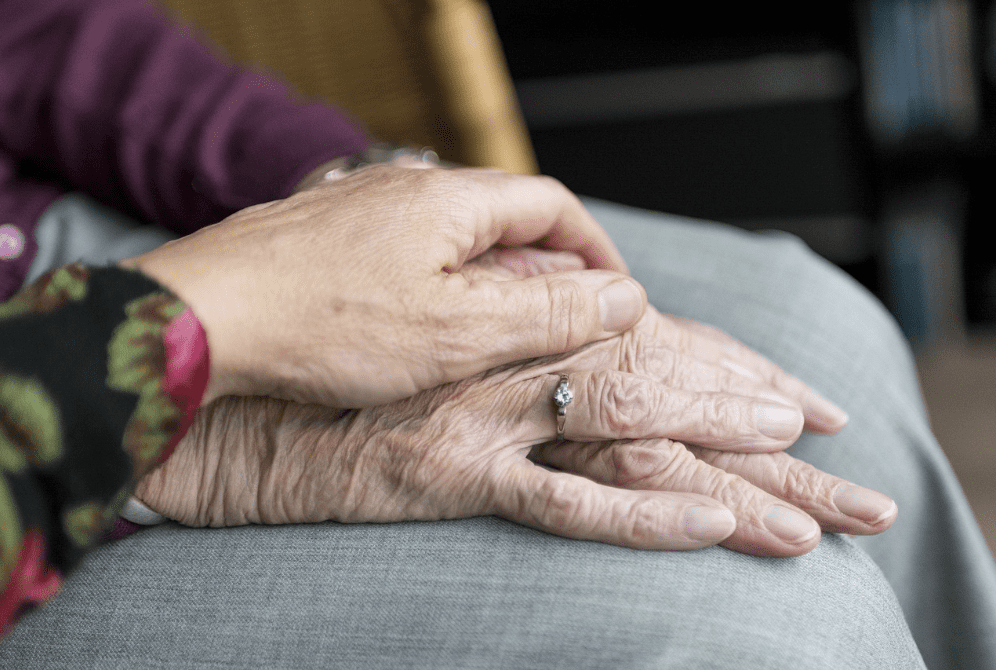
Think back to the last time you sat for an exam, spoke in front of a crowd, or asked someone out on a date. Did your stomach flip flop? Did your pits sweat? Did your hands shake? Strong emotions can elicit very physical responses. Deep breaths can help, but for the most part, we are not in control of how our bodies react, and frankly that can be a nuisance. For people with Parkinson’s disease (PD), that loss of control can be disabling.
Parkinson’s is a progressive neurological disease that, among other symptoms, results in problems with movement: either too much (shaking hands) or too little (stiffness and slowness of movement). The cardinal symptom of Parkinson’s disease is a resting tremor. Here, involuntary shaking, usually of the hands, occurs at rest. You can see what this looks like in this brief video, produced by the Michael J Fox Foundation:
Not all cases of resting tremor are as obvious as they are in the video above, especially in the early stages of the disease. Also, many things besides Parkinson’s can cause your hands to shake—drinking too much coffee or not eating enough, for example. A tremor can also be caused by certain medications, other neurological conditions like multiple sclerosis or stroke, as well as an overactive thyroid, detoxing from alcohol, and kidney failure. In other words, tremor is very common: sometimes it is no big deal and will pass, but other times it is a sign of a serious underlying medical problem, including (but not always) Parkinson’s disease.
The distinguishing feature of a Parkinsonian tremor is that it occurs at rest (hence the name resting tremor). This kind of tremor pauses with deliberate movement. According to the Parkinson’s Foundation, for a diagnosis of Parkinson’s to be considered, a resting tremor must also be accompanied by either of two other hallmark symptoms: rigidity and bradykinesia.
Rigidity: Stiffness in the arms or legs that goes beyond normal aging or arthritis.
Bradykinesia: Slowness of movement. Loss of spontaneous and voluntary movement.
While these are classic symptoms of the disease, there are many others that appear, especially in the early stages. According to the Parkinson’s Foundation here are the top ten early signs of the disease.
- Tremor
- Small Handwriting
- Loss of Smell
- Trouble Sleeping
- Trouble Moving or Walking
- Constipation
- Soft or Low Voice
- Masked Face
- Dizziness or Fainting
- Stooping or Hunching Over
In the video below U.S. Senator Cory Booker (NJ), who’s father suffered from the disease, talks more about the early warning signs.
Many of the early symptoms of Parkinson’s are also common to other conditions, and only a qualified physician can make the diagnosis. Every year, 60,000 Americans are diagnosed with Parkinson’s disease, and yet the disease is considered rare. If you notice some shaking in your hands (say, while public speaking) that passes and is not accompanied by any other unusual symptoms, chances are you don’t need to see a doctor. However, if you are even a little concerned, give us a call and schedule an appointment with one of our physicians today.

